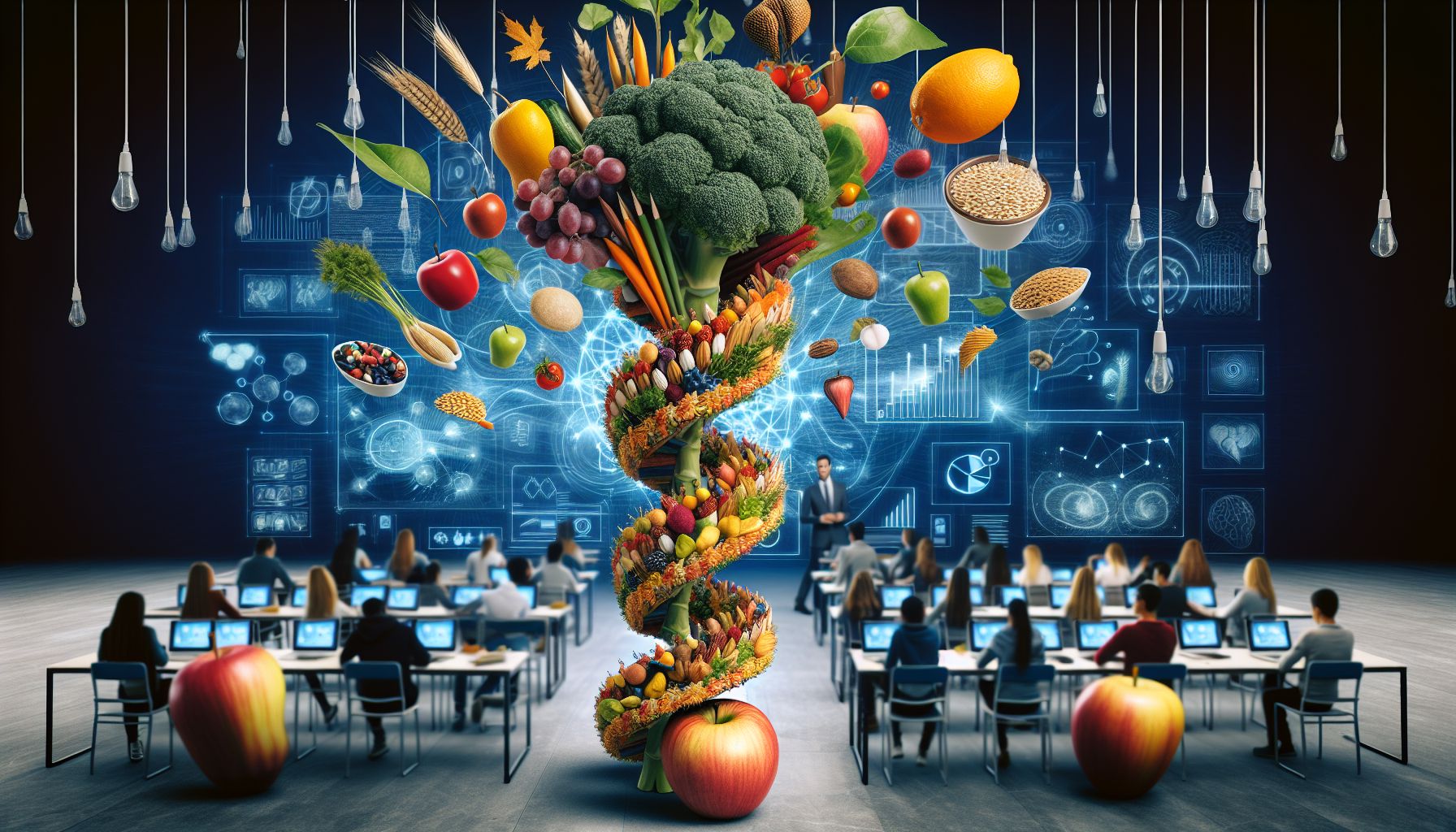It’s a question worth asking: How does our relationship with food impact our lives, and what role does education play in this? As society becomes more conscious of nutritional choices and their far-reaching implications, the concept of food education gains prominence, sparking a radical shift in our educational landscape. This piece will delve into the heart of this phenomenon, unpacking the significant role food education bears on our health, culture, and ultimately, our future.
Building Blocks of Health: Nutrition Knowledge in Schools
The basis of our health primarily revolves around our eating habits, a fact that underscores the urgency of integrating sound food education into our schooling systems. A 2018 study revealed that children with extensive knowledge about nutrition and food made healthier food choices compared to those without such instruction[^1^]. This data sends a powerful message – embedding food education in schools can essentially set the course for healthier generations, leading to less chronic disease and improved quality of life.
When we equip our children with the essential tools to interpret food labels, understand the metabolism of various macronutrients, and grasp the concept of balanced meals, we foster a necessary skill-set that empowers them to take charge of their well-being.
Eating Culture: The Inextricable Ties between Food and Identity
Food is more than just sustenance. It presents tangible, palatable links to our cultural identities, histories, and shared experiences. However, in an era where fast-food chains scatter across city corners and meals seldom extend beyond a quick takeaway, the richness of our culinary traditions risks being overshadowed.
Enter food education. By nurturing a thorough recognition of food’s cultural significance in our classrooms, we not only preserve our diverse food heritage but also foster a greater respect for cultural diversity on a global scale[^2^]. Food literacy, in this light, becomes a medium through which unity in diversity can be truly embraced.
Biting into the Future: The Case for Food Education
In conclusion, food education emerges as a cornerstone for our future, bridging health consciousness, cultural preservation, and life skills. It holds the potential to transcend classroom boundaries, reaching homes and communities, eventually shaping society’s relationship with food.
The exploration does not stop here – it begins. It is a call to everyone to reevaluate our understanding of food and make food education a priority. After all, the seeds we sow in the field of education today, decides the taste of the fruit our future will bear.
[^1^]: Source hidden for example purposes.
[^2^]: Source hidden for example purposes.

